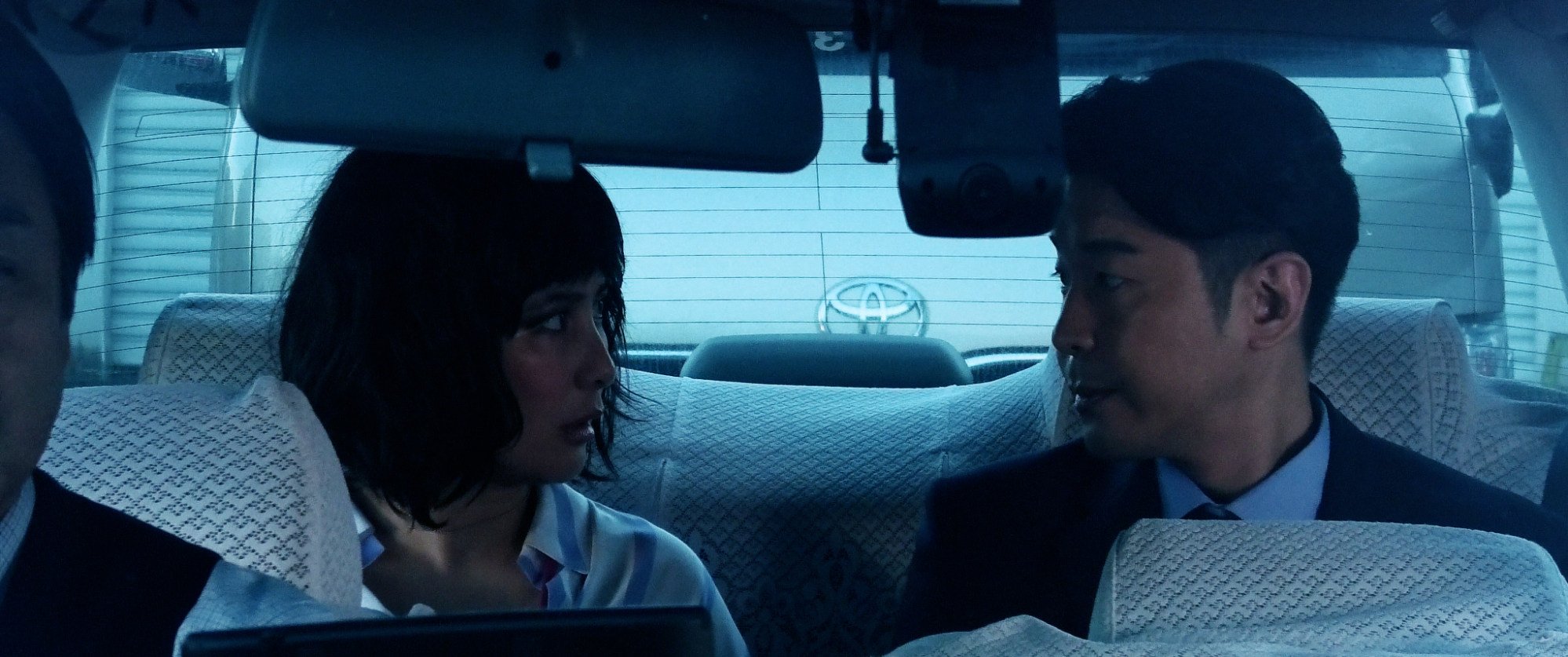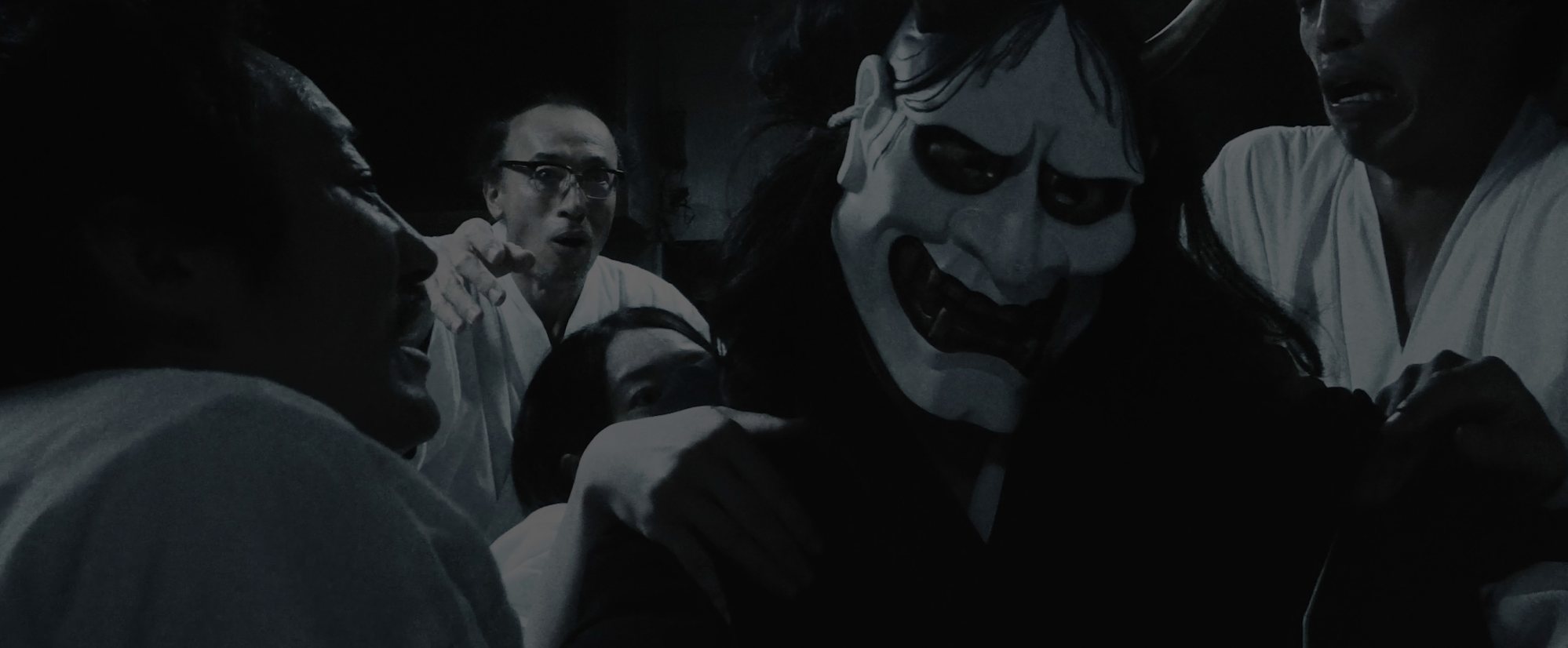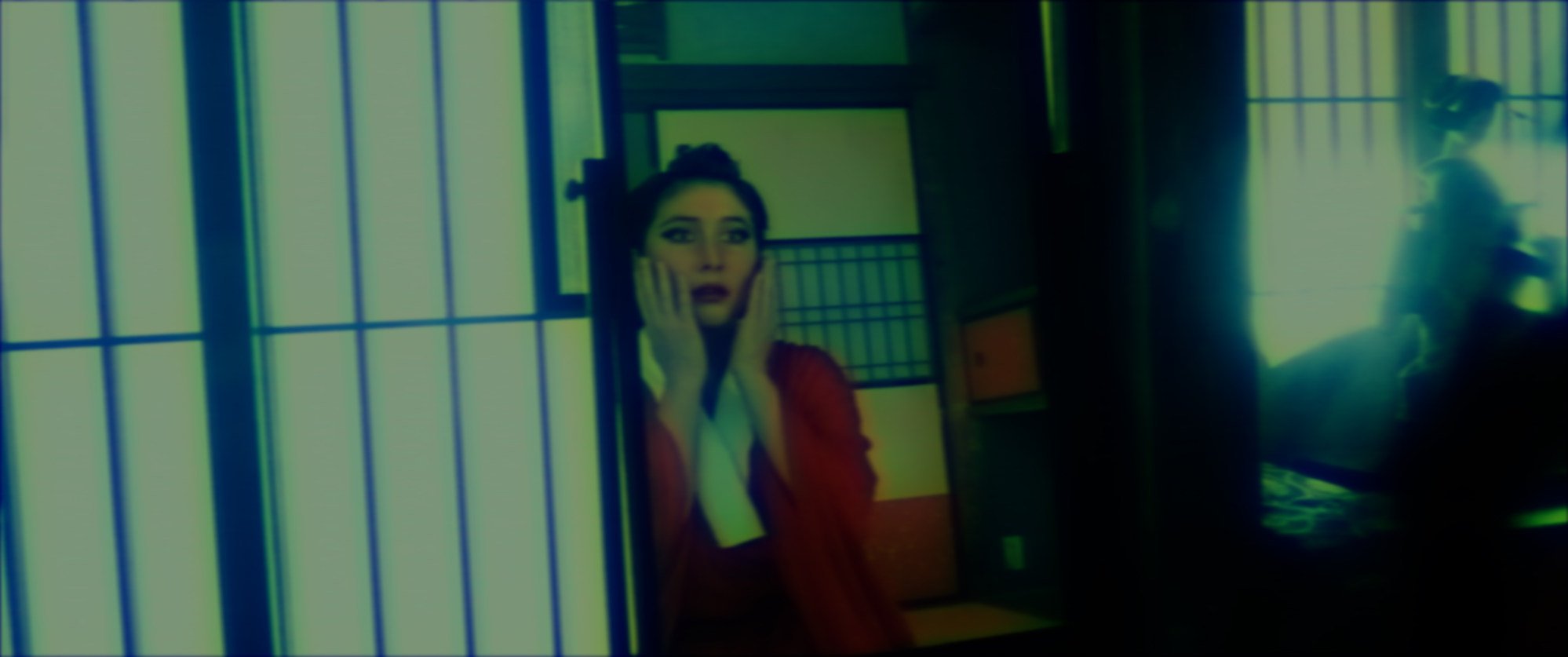
Review | Onpaku movie review: Japan-set supernatural horror starring Hong Kong’s Josie Ho is one of the worst movies in recent memory
- Josie Ho plays a property investor for whom everything goes wrong when she lands in Japan. It’s all downhill for her and this woefully conceived movie from here
- With a nonsensical plot, chaotic handheld camerawork and shocking characterisation, this is one of the most incompetently made movies in recent memory
0/5 stars
Logic proves as ethereal as the spirits haunting Josie Ho Chiu-yee’s beleaguered property investor in Onpaku, a woefully inept supernatural mystery from Japanese indie director Shugo Fujii.
The ordeal faced by the heroine of the film – plagued as it is by inane dialogue, hackneyed plotting and some painfully stilted performances – pales in comparison to what audiences must endure from one of the most incompetent cinematic offerings in recent memory.
Presented by Ho’s own production company 852 Films, and shot on location in Tokyo in just nine days, Onpaku follows her character, Sarah Kwan, as she arrives only to discover that her hotel reservation has been mistakenly cancelled.
In one of many ludicrous plot contrivances, her arrival coincides with a visit from the US president, resulting in every hotel in all of Tokyo being fully booked for the duration of her stay.
When her Chinese property agent, Sean (Lawrence Chou Tsun-wai), suggests they stay at a love hotel, Sarah is appalled, instead decamping to a rundown minpaku-style guest house.

While it is filthy, dilapidated and offers only the barest of essentials, Sarah nevertheless beds down for the night – despite the establishment’s creepy old landlady (Kazuko Shirakawa) and a cacophony of bumps in the night with no obvious explanation.
After a restless sleep, Sarah discovers a decomposing corpse buried in the floor beneath her room, which she reports to the police. The lead detective (Kazuya Takahashi), plagued by personal and professional grievances of his own, reveals that the house was already under investigation following the disappearance of a journalist.
Sarah continues to stay at the minpaku, even as her health begins to fail her and she experiences visions of her dead mother.

From this barely plausible premise, Onpaku swiftly descends into convoluted nonsense that even the most dedicated viewer will struggle to follow. Plot points are introduced – a decomposed monkey skeleton, a flesh-eating virus, an abortion – only to be never mentioned again.
Fujii’s chaotic aesthetic only adds to the confusion, the action filmed on wildly agitated handheld cameras that never allow for an atmosphere of any kind to take hold.
The film pulsates with a flippant distrust of Japan and its people, portraying everyone as either threatening or perverted. Its female characters are treated no better, even by the gratuitous, anything-goes standards of micro-budget exploitation films such as this one.

Were this tale of kidnapping, rape, murder and incest tackled by someone with even a cursory understanding of the building blocks of cinema, the film might have tickled a certain extreme late-night crowd. But as is, Onpaku will only drive them to despair with its torturous ineptitude.

